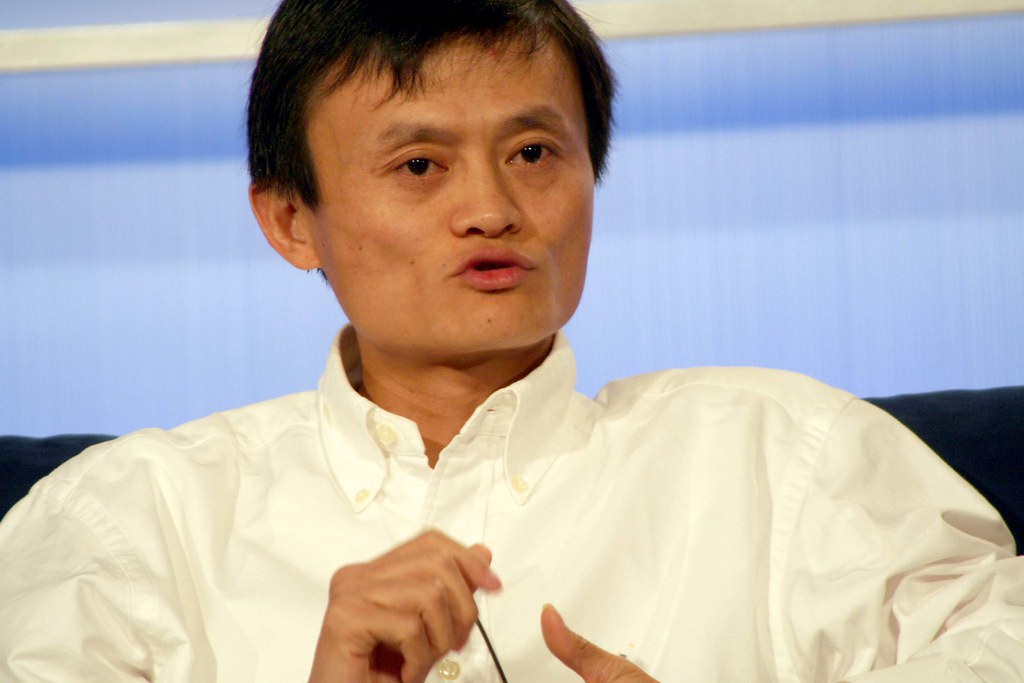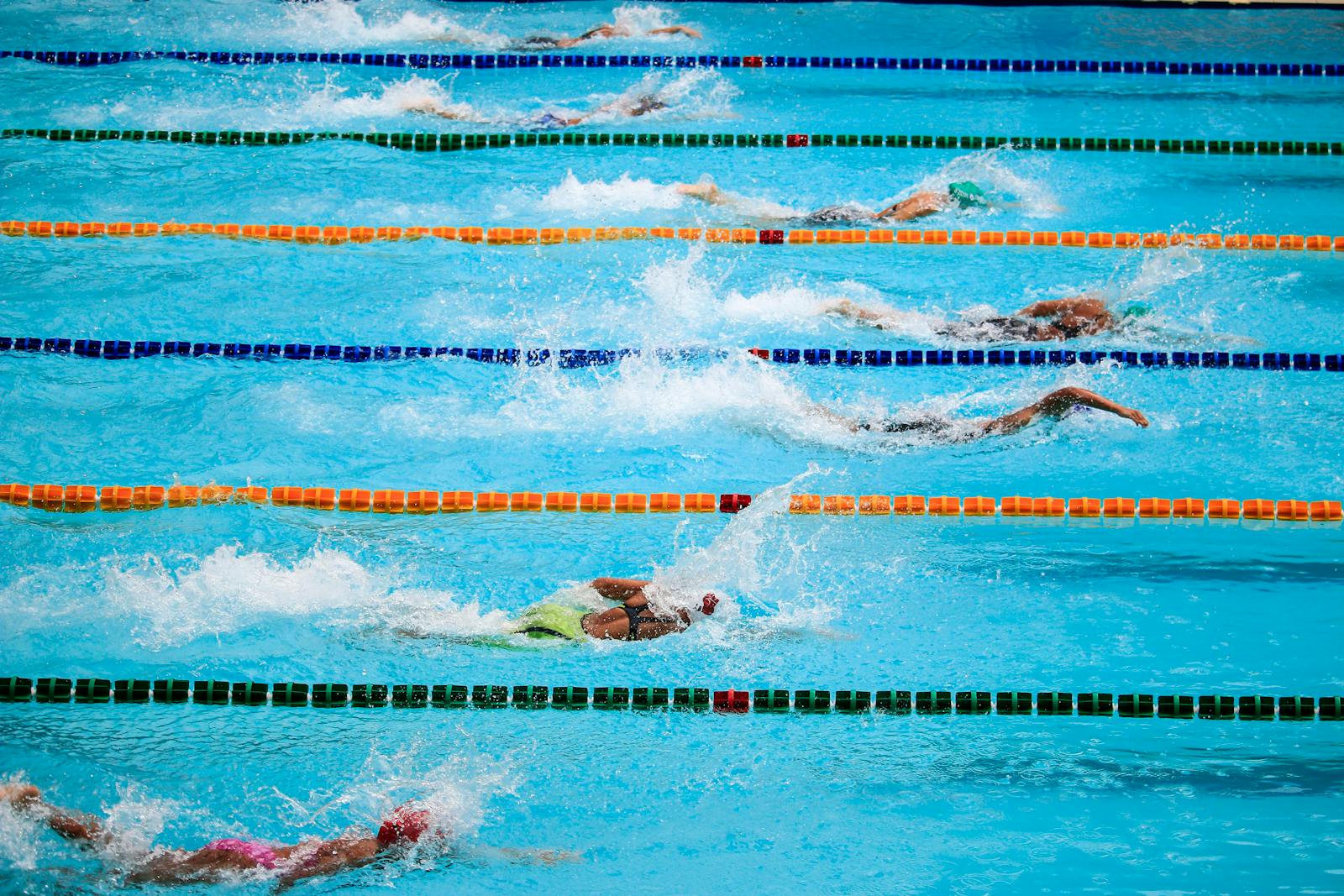
Jack Ma, the billionaire co-founder of e-commerce giant Alibaba Group Holding, has been residing in Tokyo for nearly six months, marking a notable shift in his public profile after a period of significant discretion. This relocation comes in the wake of Beijing’s wide-ranging regulatory crackdown on its technology sector, a move that dramatically altered the landscape for China’s once-unfettered tech titans.
Ma, formerly China’s wealthiest and most prominent tech leader, largely retreated from the spotlight in recent years following his outspoken criticism of government regulation. His remarks, made in 2020, included accusing state-run banks of having a “pawnshop mentality” and calling for bold new players capable of extending credit to the collateral-poor. These comments quickly landed him in considerable trouble with Beijing.
The immediate consequence of his defiance was the derailment of fintech giant Ant Group’s highly anticipated $37 billion initial public offering (IPO), which was poised to be the largest ever. This was swiftly followed by an expansive regulatory crackdown on the private sector in China, specifically aimed at reining in the burgeoning power and influence of Internet firms.
Since these pivotal events, Ma’s rare public appearances have been closely scrutinized by global observers, reflecting intense speculation about his whereabouts and activities. His current stay in Tokyo, as reported, indicates a more settled presence compared to earlier sporadic sightings in various countries.
During his time in Japan, Mr. Ma has maintained a notably low profile, restricting his public activities to a minimum. He has reportedly kept to a small handful of private members’ clubs located in central Tokyo’s upscale Ginza district and the financial hub of Marunouchi, facing the Imperial Palace.
To facilitate his extended stay, Ma has brought along his personal chef and security staff, ensuring a degree of comfort and privacy. Beyond his social engagements, sources indicate he has also cultivated a new pursuit, becoming an enthusiastic modern art collector, adding a dimension to his life away from the immediate pressures of his former business ventures.
His months-long residence in Japan with his family has been punctuated by more leisurely pursuits. These include stints in hot springs and ski resorts located in the countryside outside Tokyo, suggesting a period of respite and personal activity amidst his reduced professional visibility.
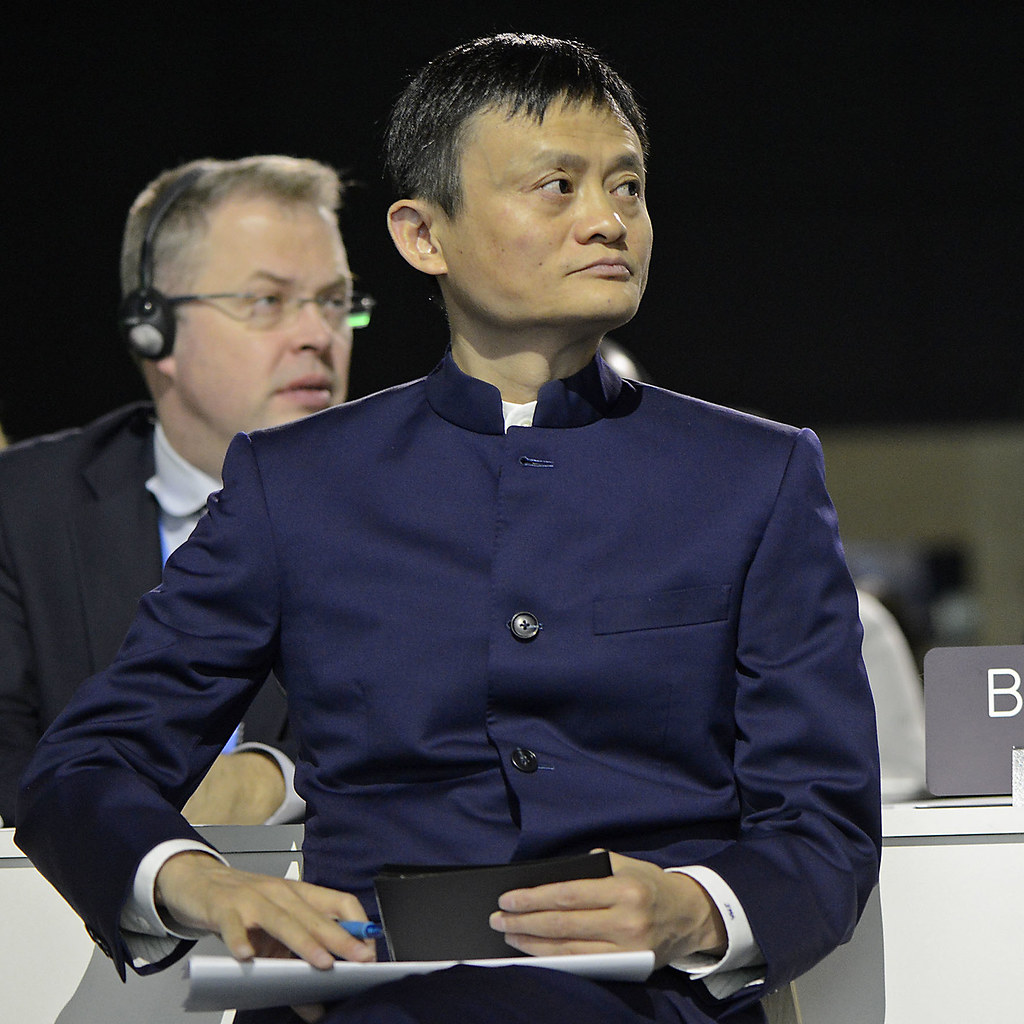
Despite his primary base in Tokyo, Ma has also made regular trips to the United States and Israel in recent months. Earlier sightings also placed him in countries such as Spain and the Netherlands, which some observers suggest were efforts to dodge China’s stringent COVID-19 restrictions and navigate political repercussions.
Ma’s current location and activities starkly contrast with his former status as a high-profile fixture at international business conferences. He once spearheaded large-scale international donations of protective equipment and other vital gear during the early, critical days of the COVID-19 pandemic, showcasing a global philanthropic footprint.
The impact of the regulatory environment on his business empire remains profound. Reports in July suggested that Mr. Ma planned to hand over control of Ant Group, a move seemingly designed to appease Chinese regulators and potentially revive the digital payments unit’s long-stalled IPO.
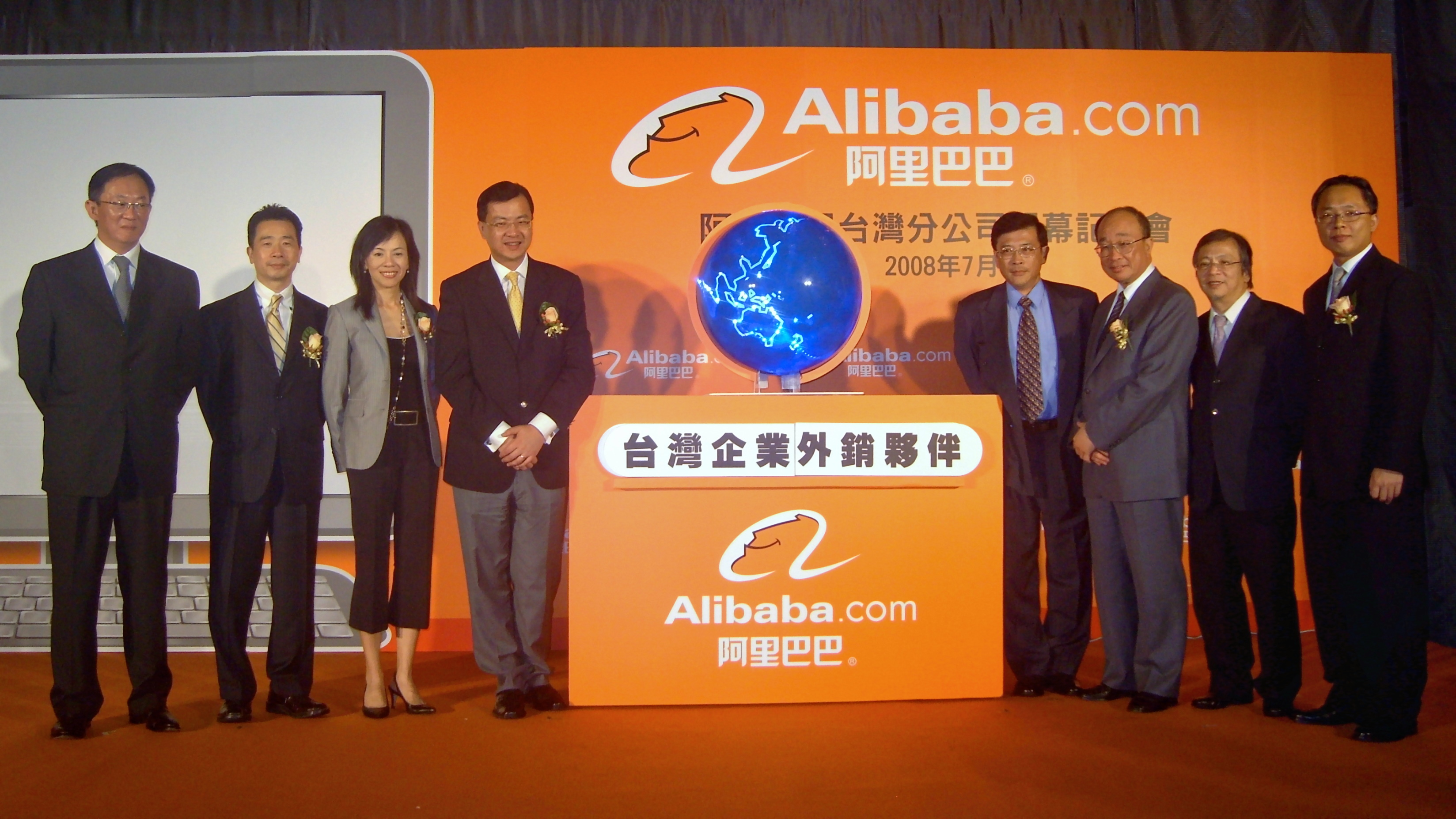
His primary enterprise, Alibaba, faced significant headwinds, reporting flat revenue growth in August for the first time in its history. This unprecedented slowdown was attributed to a combination of China’s broader economic deceleration and the resurgent waves of COVID-19 cases, which have affected consumer spending and supply chains.
Compounding these challenges, US authorities have placed Alibaba on a watchlist, a development that could lead to its delisting in New York if it fails to comply with certain disclosure orders. This regulatory pressure has contributed to a slump in the company’s share price, directly impacting Ma’s personal wealth.
Ma’s prolonged absence from China has also coincided with President Xi Jinping’s escalation of the controversial “zero-COVID” controls this year. These policies led to severe lockdowns, such as those in Shanghai and the surrounding Yangtze River delta in April and May, and subsequently sparked widespread protests across the nation.
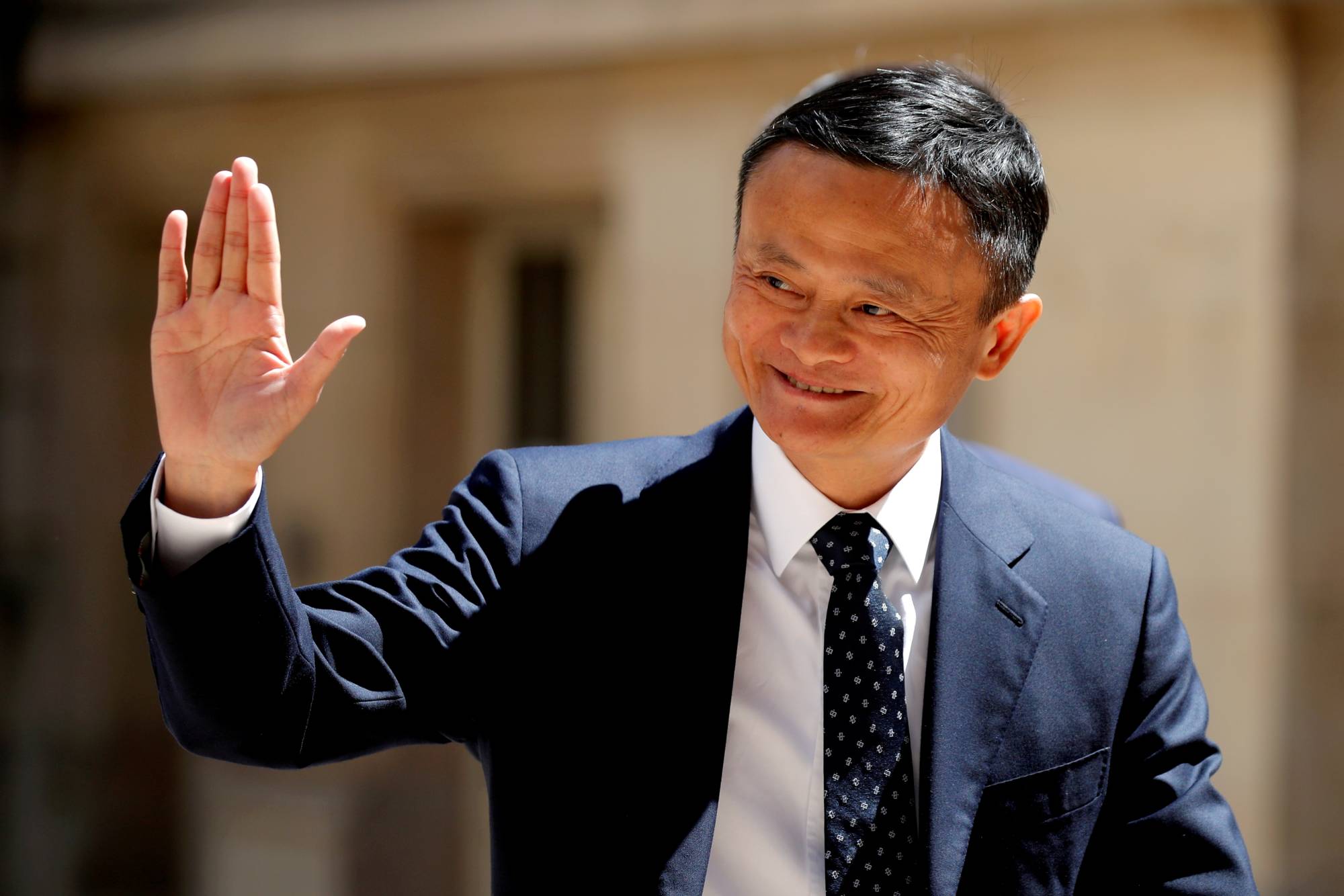
Beyond his direct business entities, other ventures associated with Ma have also seen their public profiles diminished. Activities at the elite Hupan University executive training program, which he founded, have reportedly quieted down, and his charity, the Jack Ma Foundation, has toned down its publicity efforts.
Ma’s wealth, once unparalleled in China, has seen a substantial reduction since its peak. While his fortune reached an estimated $66.6 billion in October 2020 when Alibaba shares traded at an all-time high, Forbes now estimates his net worth at $22.2 billion, positioning him as the 67th richest person globally and the sixth wealthiest Chinese national.
This decline in fortune is partly due to Alibaba’s share price falling by approximately 75% from its 2020 peak, a direct consequence of the regulatory and economic pressures. Beverage mogul Zhong Shanshan has since superseded Ma as China’s wealthiest individual, reflecting a notable shift in the country’s ultra-rich landscape.

The broader context of Ma’s “fall from grace” is intertwined with President Xi Jinping’s firm adherence to his “zero-Covid” pandemic policies and Beijing’s push for “common prosperity.” This concept advocates for the redistribution of wealth from the rich to the poor to foster a more egalitarian society, a drive that has heavily impacted tech and property firms, forcing them to reduce their debt levels.
Experts such as Andrew Nathan, a Chinese policy professor at Columbia University, have offered incisive commentary on Ma’s situation. Nathan previously stated that Ma “got too big for his britches, both in independent speech as well as in actual financial power,” viewing his removal from prominence as clear evidence of the Chinese Communist Party “reasserting its absolute power.”
Ma’s journey from a poor family background to becoming one of China’s richest men is a narrative deeply embedded in the nation’s economic rise. His surprise announcement in 2019 to retire, stating he preferred to “die at a beach than at his work table,” set off early speculation that he was feeling the immense weight of the ruling Communist Party of China (CPC).
His retirement and the subsequent anti-monopoly crackdown, which extended to other Chinese tech giants like Tencent and ByteDance, intensified speculation that the party, under Xi, was systematically cutting wealthy businesses to size. The aim, it appeared, was to diminish their growing influence within China’s economic and social fabric.
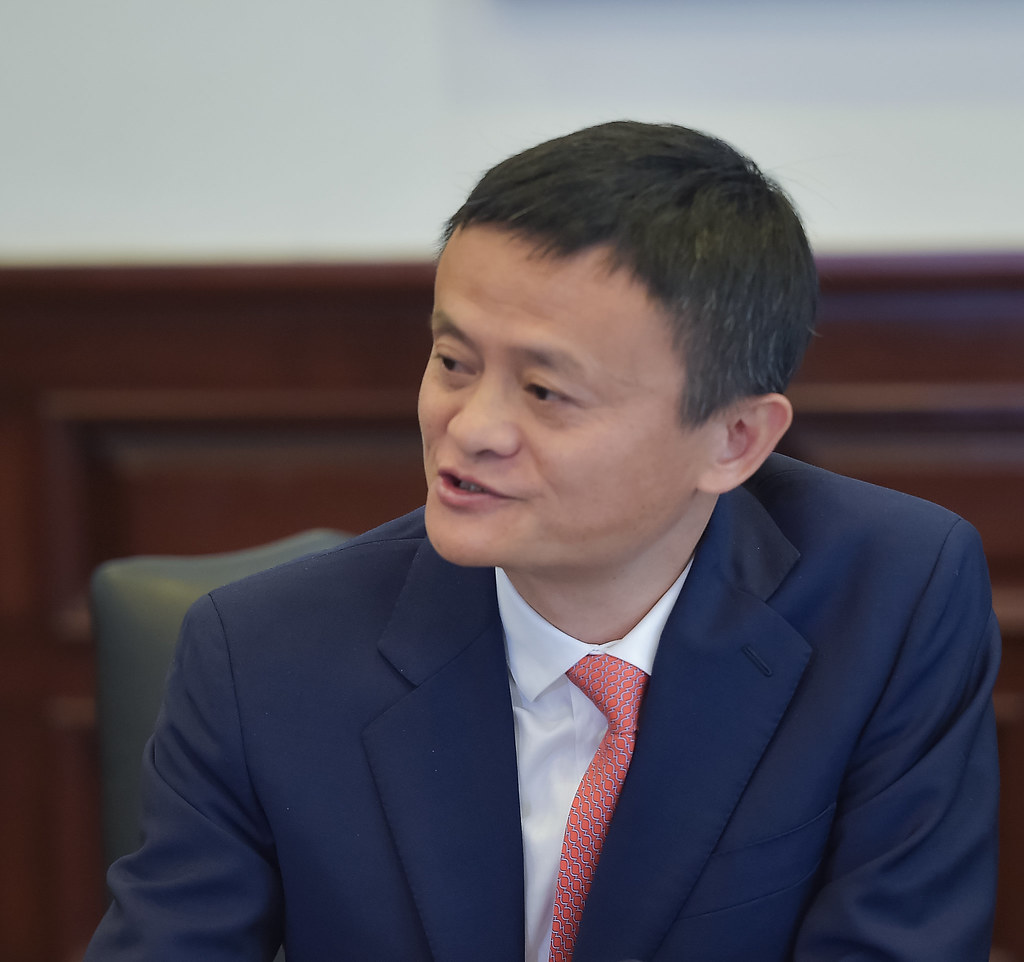
Indeed, the South China Morning Post, a Hong Kong-based newspaper owned by Ma, has recently reported on a broader trend where wealthy Chinese individuals are increasingly seeking avenues for migration after Xi secured his third five-year term. This trend is fueled by fears of continued crackdowns against prominent business figures.
These reports indicate that a growing number of affluent Chinese, and even members of the middle class, are actively investing in residence and citizenship programs. Such investments provide them with “location fluidity” and the crucial option to relocate at any given moment between two or more “home” nations, seeking greater stability and freedom.
Ma’s current trajectory appears to reflect this broader trend of Chinese elites navigating an evolving political and economic landscape. Having largely turned over the reins to a new generation of leaders at both Alibaba and Ant, his focus now seems to have shifted, as reported, towards expanding his business interests into the fields of sustainability, moving beyond the core e-commerce technologies that defined his empire.
The silence surrounding his current situation from official channels, with both the Jack Ma Foundation and Ant reportedly not responding to requests for comment regarding his visit to Tokyo, underscores the delicate nature of his repositioning. It highlights a conscious effort to maintain a low profile, even as the world watches the unfolding narrative of a once-unassailable figure adapting to a new reality.
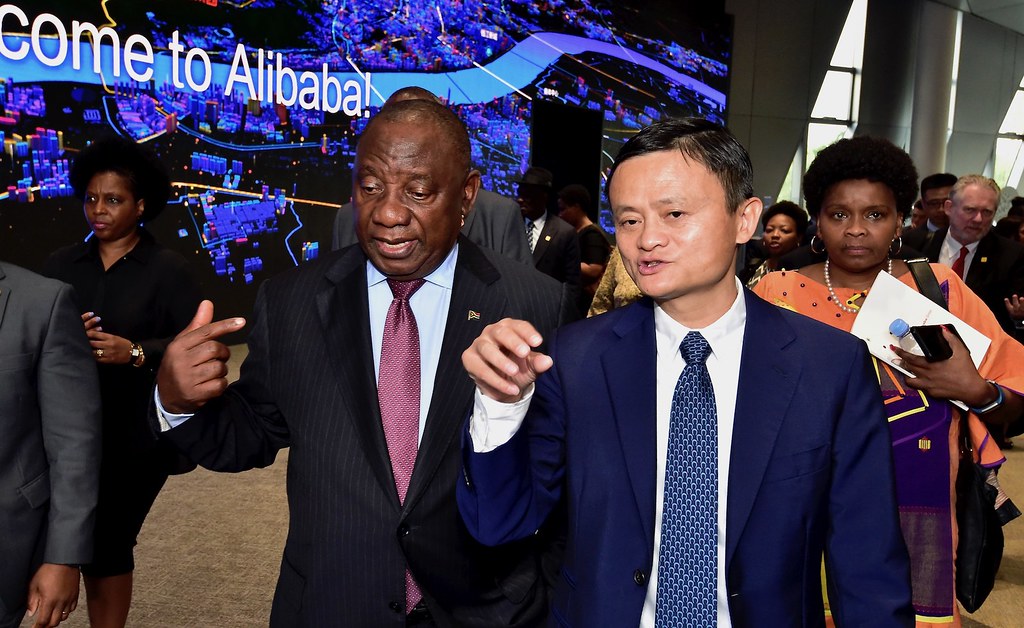
Ma’s quiet presence in Tokyo represents more than just a personal relocation; it symbolizes the profound recalibration of power between the state and private enterprise in China. It signals a new era where even the most celebrated entrepreneurs operate under strict scrutiny, with their global movements and professional pursuits intricately linked to Beijing’s strategic directives. The future implications for China’s business landscape and the broader global economy continue to be a subject of intense observation and analysis.

